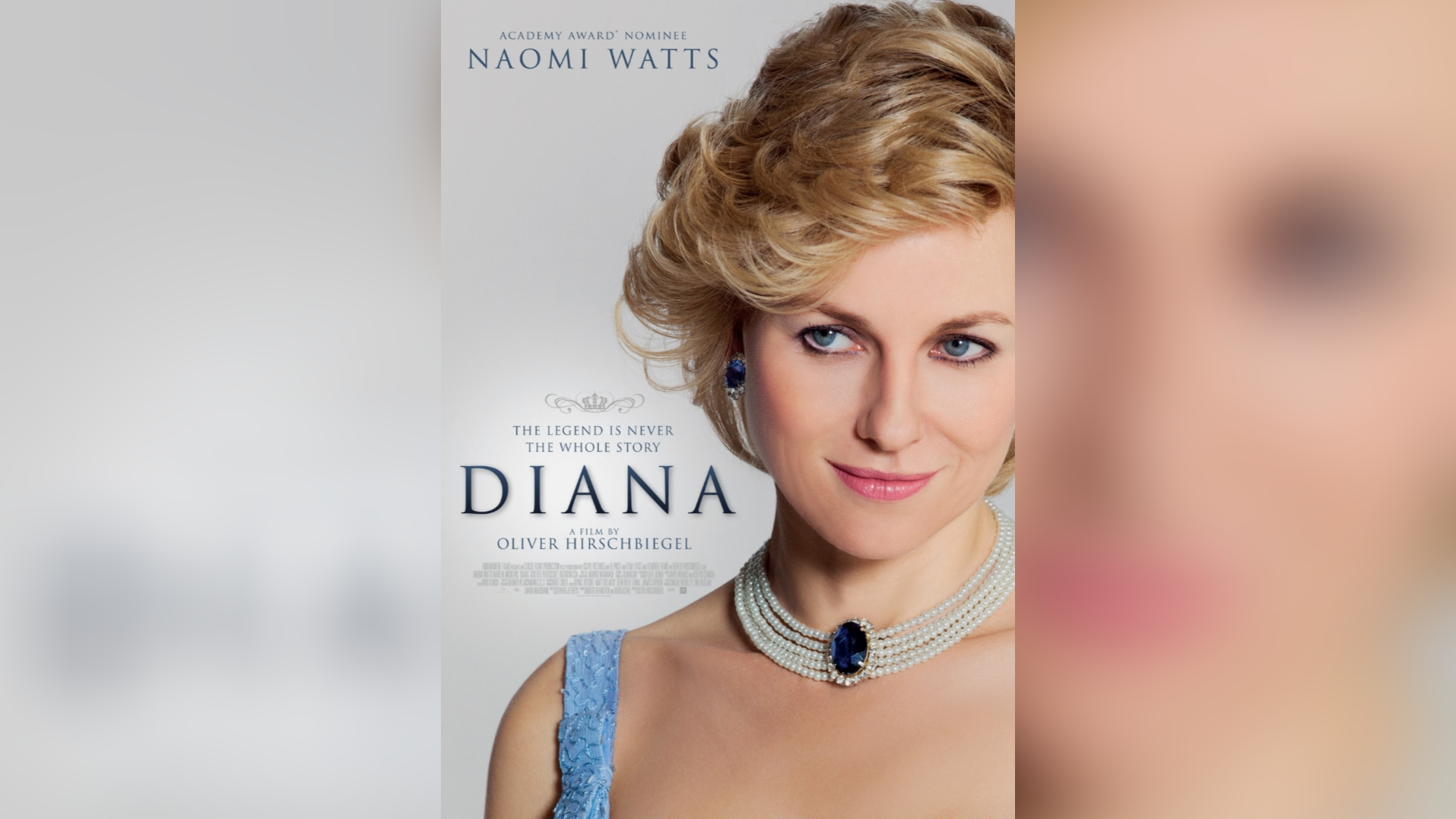Based on Kate Snell's 2001 book “Diana: Her Last Love,” this film adaptation alleges to depict the late Princess Diana’s clandestine romance with heart surgeon Dr. Hasnat Kahn. Offering a supposed glimpse behind the palace walls, “Diana” interestingly delves into royal isolation and its penetrating loneliness.
Diana’s desire to connect with those outside of the palace is excellently conveyed. Bolstering the film is its exploration of fame’s semantics and the good that can come from it being wielded positively. All of this while also acknowledging its obviously painful downsides.
“Diana” is directed by Oliver Hirschbiegel, who brought audiences the effecting 2009 drama “Five Minutes in Heaven.” His take on “Diana” offers a far less emotive effort. The restraint isn’t his alone. It is a feeling that permeates the entire film.
Naomi Watts appears hesitant, struggling to leave the confines of the performance’s colt legs. She does winningly convey the gestures and mannerisms Diana exhibited in interviews. It is a tough role, and to her credit, she handles it with dignity.
Naveen Andrews of “Lost” fame is believable as Dr. Khan, though there’s not much to go on in terms of him conveying the real man given Khan has mostly remained out of the spotlight. Andrews and Watts do share a stormily sincere chemistry, which powers the film.
Unfortunately, neither character is fleshed out enough to invest in, so their romantic entanglement suffers on a story level as a result. They are slick and emotionally uninvolving renderings. The Diana character comes across too immature to be of authentic interest to the gravely serious Dr. Kahn.
The controversy surrounding the authenticity of the depicted events reported by The Guardian is challenging to disengage from when watching it, given Diana is such an iconic person who still lives on in the current conscious. Presented as childlike, innocent, and naïve, Diana's characterization is not always flattering or coherent.
Despite her passiveness earlier on, she makes an about-face towards the ending chapter, portrayed as a nimble manipulator, capable of stark cunning. All of this and there are dropped subplots. Whatever happens to the husband of Diana’s aid?
It is never disclosed whether he makes it or not, and he is the catalyst to the film’s events. As the soundtrack fills in the time gaps with boring montages meant to elicit emotion, it captures relatively little. A set of uneven theatrics subtracts from the film’s power, devolving it into a melodrama.
The other side of the royal perspective that of the Windsors’ is left speechless, and with that, viewers are left without a whole picture, hence why the film is named after its main character. At its core, “Diana” looks the part of a regal drama before revealing itself as a flimsy melodrama lacking any substantial realizations.Rating: 6.3/10

Comments
Post a Comment